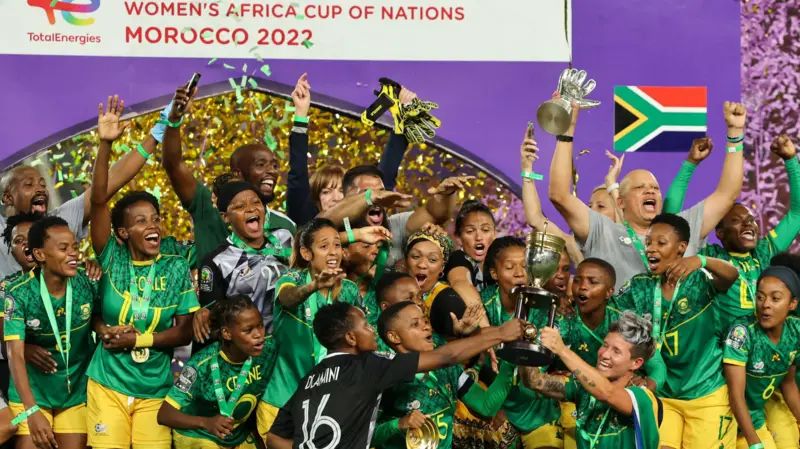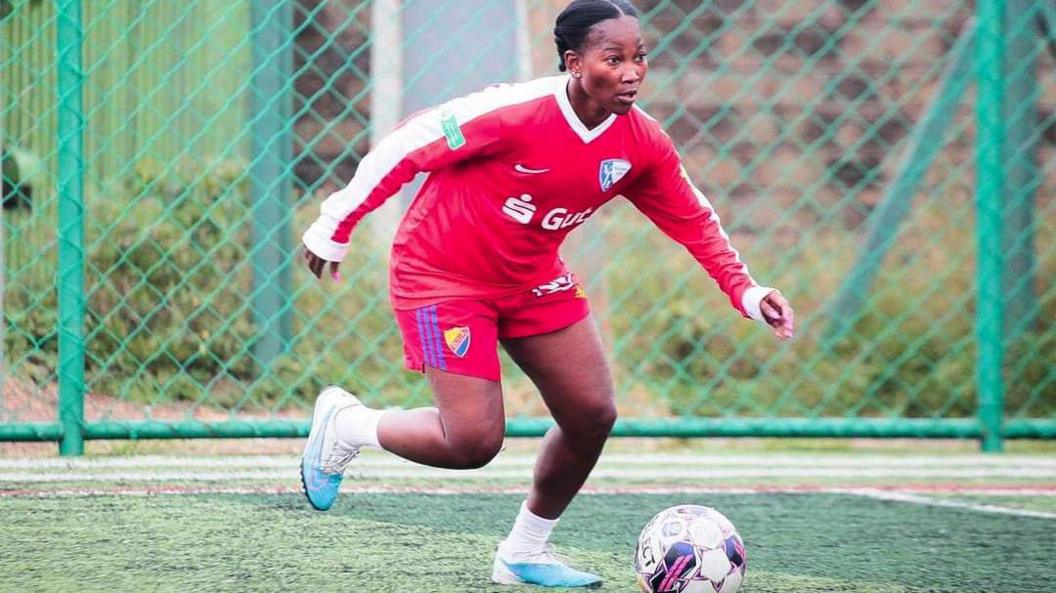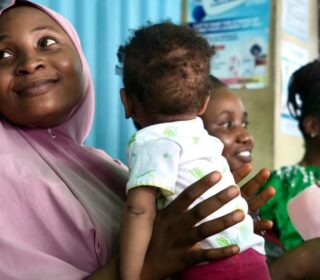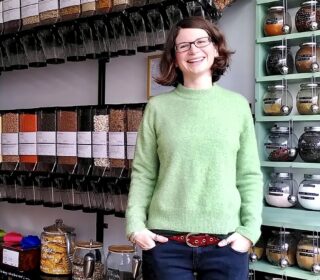
- December 2024
As women’s football grows in popularity across Africa, one challenge is confronting the taboo around players’ menstrual health.
Kenya international Esse Akida spent part of her career playing professionally in Europe and has experienced a stark difference in attitude back on her home continent.
“The teams I have played for professionally, we had the option of not playing during our menses [period] but here in Kenya that wasn’t available,” Akida told BBC Sport Africa.
“There were team-mates with heavy flow [who] couldn’t play. I have scored on my menses but it doesn’t feel comfortable.”
The forward, who is currently a free agent after spells in Greece, Turkey and Israel, began her career in Kenya with clubs including Matuu and Thika Queens.
Her experiences in Africa highlight the need for greater understanding of the issue.
“I remember telling one of my coaches that I wasn’t comfortable playing during my menses,” the 32-year-old said.
“It turned [out] to look like I didn’t want to play because I felt like a superstar.”
Menstrual health is something the Confederation of African Football (Caf) has been focusing on since 2021, working to combat the culture of silence.
“This is not something we even discuss with our family,” Meskerem Goshime, head of women’s football at Caf, told BBC Sport Africa.
The aim is to help coaches and team staff, who remain predominantly male, offer a more supportive environment in which players can thrive.
“We have had a conversation on the menstruation cycle and how players go through four phases and, depending on those phases, their performance might vary,” revealed the Ethiopian.
“There is a perception that a woman athlete is treated just like a man athlete, but women are not small men. Women are different in terms of physiology.
“[The] menstruation cycle is seen as a taboo in a lot of African cultures.
“But when you speak about it again and again, you make it part of the discussion.”
Period poverty

Some female footballers in Africa also struggle with ‘period poverty’ – lacking access to sanitary products – which can impact on their progress in the game.
In 2023, Fifa’s Women’s Health, Wellbeing and Performance project found that about 35% of players on the continent sometimes use old rags as a substitute.
“In my community, menstruation was a hindrance to girls getting into football because even getting money to buy sanitary towels has been a challenge,” said Akida, who comes from Kenya’s coastal region of Kilifi.
“Girls had to balance between playing and staying home. I was lucky to have a supportive mother.
“Not all of my age-mates in Kilifi had the same luxury. It was disheartening to see.”
Akida hopes efforts by Caf and world governing body Fifa can improve the situation for players while she is also advocating for teams in Africa to recruit more female staff.
“Hire female coaches to handle female players or at least have [more] women on the bench,” she added.
“As much as we want coaches who are good tactically, players will be more comfortable discussing such things with women coaches.”

















